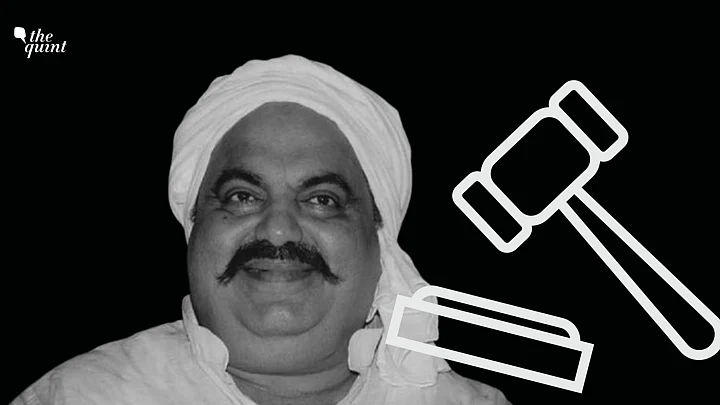Following the killing of gangster-politician Atiq Ahmed, and his brother Ashraf in Uttar Pradesh's Prayagraj on 15 April, the state government on Sunday, 16 April, constituted a three-member judicial commission to probe the shooting that transpired in the presence of police and the media.
The commission will be headed by high court judge (retired) Arvind Kumar Tripathi, and retired judge Brijesh Kumar Soni and former DGP Subesh Kumar Singh will be its members, officials told news agency PTI.
Here's more about the members and the commission's powers:
Former Allahabad HC Judge - Head
Justice Arvind Tripathi, who has been desginated to head the commission, retired from the Allahabad High Court in 2015. He was sworn in as an additional judge to the High Court in 2012 and became a permanent judge in 2013.
Prior to being a judge at the High Court, he was a District and Sessions judge. He started his career as an advocate practising in both civil and criminal cases.
Former District Judge - Member
Former district judge Brijesh Kumar Soni, one of the members of the commission, was also a former legal advisor to the state. Prior to this, he was appointed as a member in a five-member commission tasked to decide on the Other Backward Classes (OBC) reservation for state urban local bodies’ elections in Uttar Pradesh.
Former DGP - Member
Subesh Kumar Singh retired as the Directorate General of Police (Economic Offense Wing) in 2016. Three years after his retirement he was sworn in as State Information Commissioner of Uttar Pradesh on 26th February 2019.
In Uttar Pradesh, he served as Superintendent /Senior Superintendent of Police in districts like Pithoragarh, Mau, Jaunpur, Dehradun, Faizabad, Gorakhpur, Meerut, Allahabad, Farrukhabad, Lucknow and Agra.
What Powers Will The Commission Have?
The commission, formed under the Commission of Inquiry Act 1952, will have to submit its report on the killings to the government within two months.
Under the Act (Section 4) the commission can deal with cases related to:
Asking for the attendance of any person from any part of the country and examining them
Discovering or production of any document
Receiving matters on affidavits
Requisitioning of public record or copy thereof from any court or office
Examining of witnesses and documents
(At The Quint, we question everything. Play an active role in shaping our journalism by becoming a member today.)
